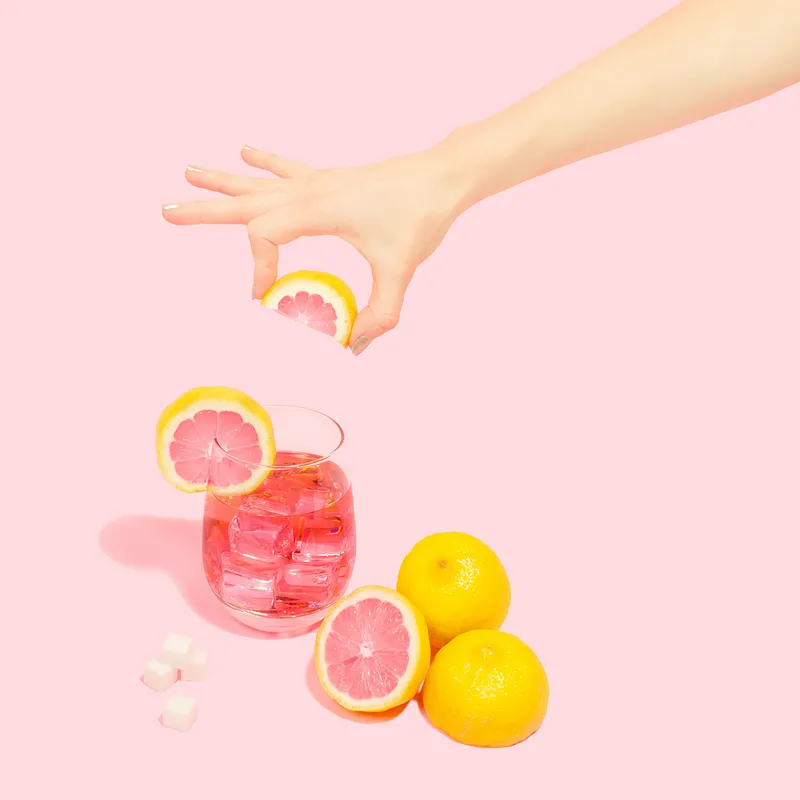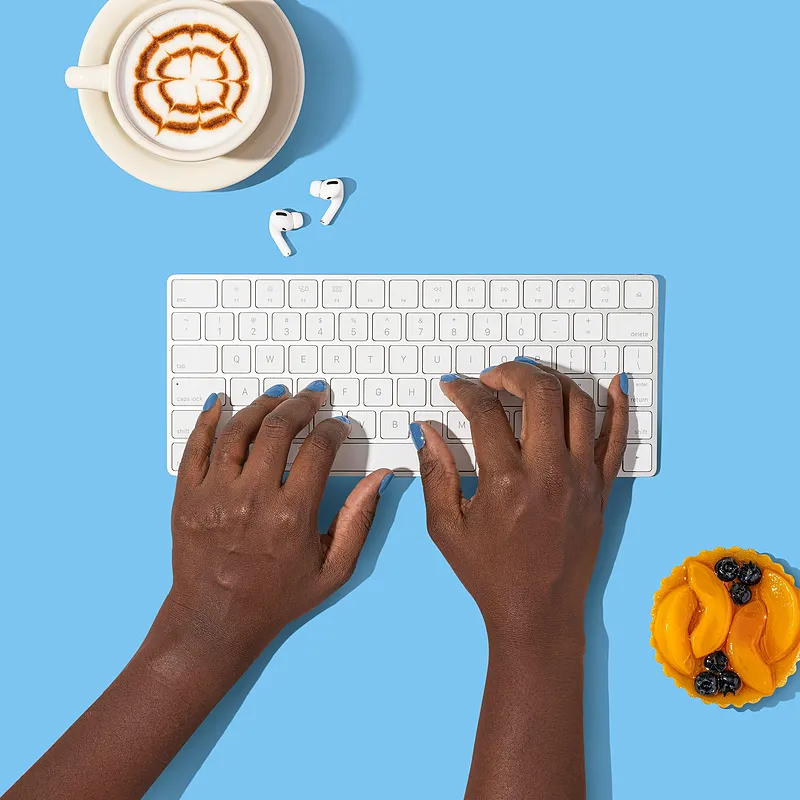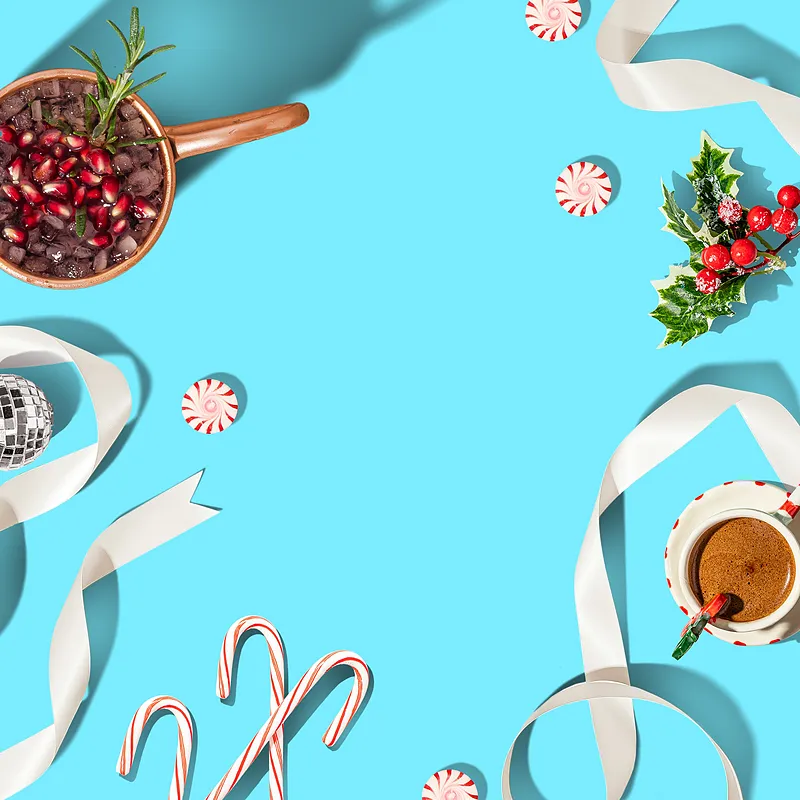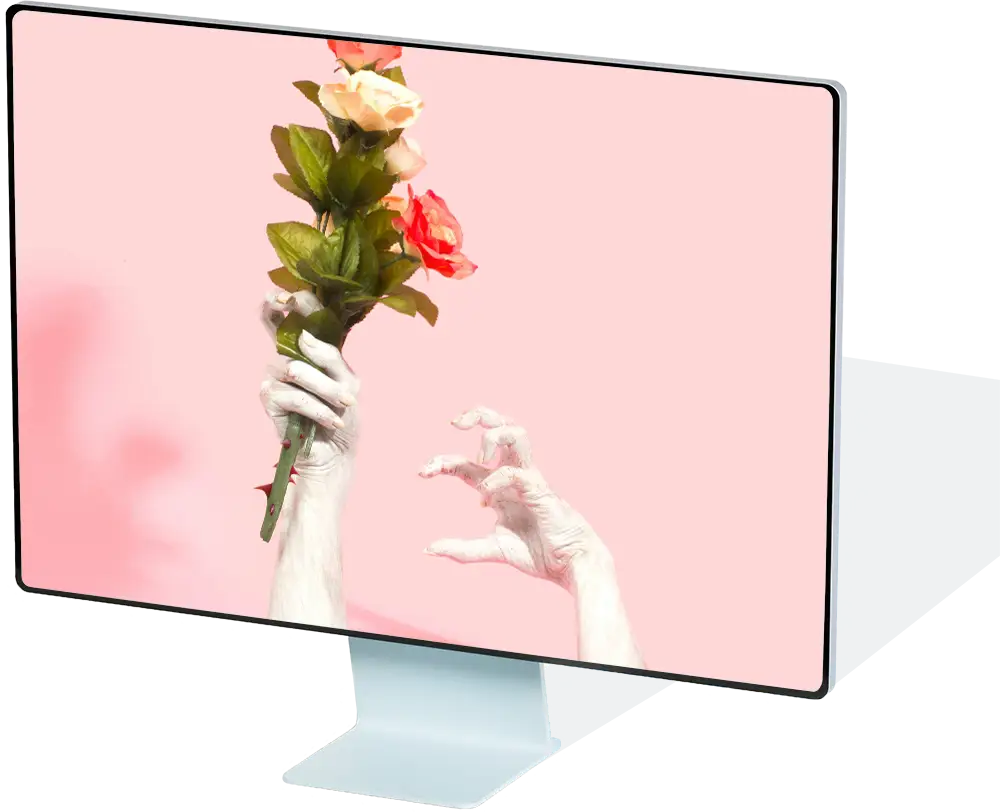Prop is Advertising photo props are objects used during the course of an advertisement to emphasise the nature of a product, service or brand. In this article, we explain the most important information about this topic.

What is Prop?
This term refers to They add depth to images and make them more compelling to the viewer. It is an important concept in the field of photography and visual media.
Why is this important?
Knowledge of this topic allows for a better understanding of creative processes. This helps you achieve better results in your work.

How to use in practice?
To effectively use this knowledge, you should familiarize yourself with basic techniques. Practice and experimentation will help you master this skill.

Practical Tips
- Start with the basics and gradually develop your skills
- Experiment with different settings and techniques
- Learn from professionals and analyze their work
- Practice regularly to perfect your craft
More information: Wikipedia
History and Context
The development of this concept has its roots in the early days of photography. Over the years, this technique has evolved, adapting to new technologies and the needs of creators. Today, it is an integral part of professional visual production.
The first applications of this solution emerged with the development of digital technology. Since then, this method has undergone a significant transformation, becoming more accessible and universal.

Practical Applications
In professional photography, this solution finds wide application. Photographers use it both in the studio and during outdoor sessions. This technique works particularly well in product, portrait, and advertising photography.
More and more creators appreciate the possibilities this method offers. It allows for effects that would be difficult or impossible to achieve through traditional means.
It is also worth mentioning applications in the film and video industry. Here, this technique is gaining importance, offering new creative possibilities for content producers.
Benefits and Advantages
Using this method brings many benefits. First, it saves time during post-production. Second, it enables more professional results.
Additionally, this technique provides greater control over the final effect. Creators can precisely adjust parameters to their needs, which translates to higher quality of the final product.

Challenges and Solutions
Like any technique, this method has its challenges. Beginners may encounter difficulties in mastering all aspects. However, systematic practice helps to gradually overcome these obstacles.
The key to success is patience and regular practice. It is also worth using available educational materials and guides that facilitate the learning process.
Future and Trends
This technology is constantly developing. New solutions and tools appear regularly, offering ever greater possibilities. Experts predict that there will be further developments in this direction in the coming years.
It is worth following the latest trends and staying up to date with industry news. This allows you to maximize the potential of this method in your work.
Frequently Asked Questions
Do I need special equipment?
Not always. Many techniques can be applied with basic equipment. Over time, you can invest in more advanced tools.
How long does learning take?
The basics can be mastered in a few weeks. However, perfection requires continuous practice and years of experience.
In summary, Prop is a fundamental concept worth exploring. We encourage you to further explore this topic and practically apply the knowledge gained.
Learn more about photo props on Wikipedia.



